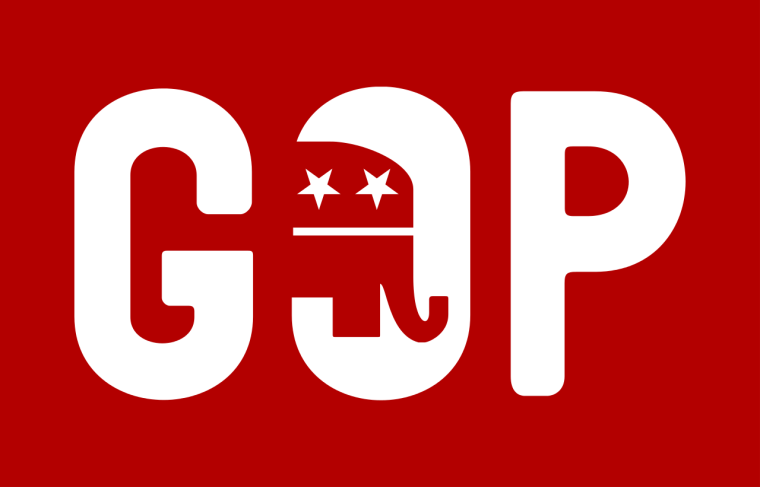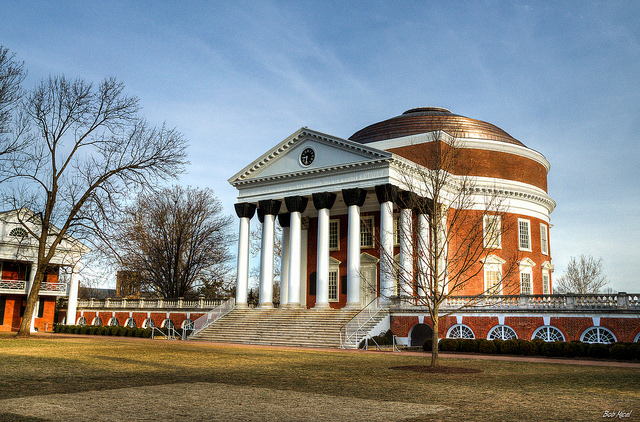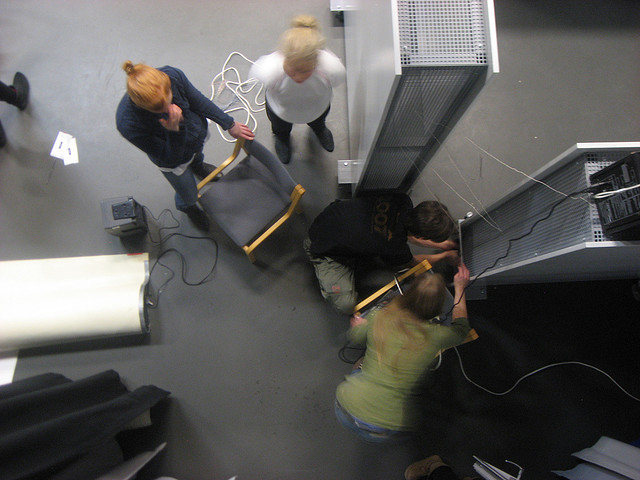The calendar still reads 2015, but already it feels like 2016. Now that Hillary Clinton has joined Republican Senators Ted Cruz, Rand Paul, and Marco Rubio on the official hunt for the White House, the presidential campaign is gearing up. Higher education (mostly student debt) played a small part in the last election, but it may play a larger role in this one. This week, I’ll give advice to candidates in both political parties about issues and ways to talk about higher education. First up, the Republicans.

For the better part of the last two decades, there hasn’t been an overarching national Republican agenda in regards to higher education.




